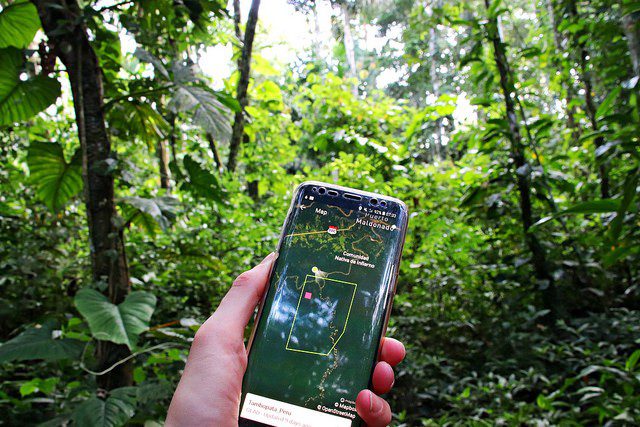

JG Afrika and its team of engineers and environmental scientists in Botswana are exploring the huge potential that technology can play in strengthening evaluation and monitoring of water and sanitation projects in remote areas.
This is imperative to the long-term success of those important programmes and projects geared at addressing the large backlog in water and sanitation infrastructure.
The extent of this global crises is indicated by the about 2,4-billion people who do not have access to improved sanitation facilities and the almost 700-million who live without a reliable supply of potable water, and many of these communities reside in rural areas of the African continent.
Part of my role as a senior WASH advisor on the Southern Africa Resilient Waters Project, therefore, also entails assessing the suitability of many of these innovations for possible implementation in the Okavango and Limpopo River basin areas.
This US$33-billion programme is being funded by the United States Agency for International Development, and aims to build resilient communities and ecosystems in these basin areas.
Certainly, this will also be a large focus area for me as a member of the World Health Organisation (WHO) Global Analysis and Assessment of Sanitation and Drinking-Water (GLAAS) team.
GLAAS provides policymakers and decision-makers at all levels with an accurate and comprehensive global analysis of investments and the environments in which these projects are being implemented to better inform their sanitation, drinking-water and hygiene strategies.
Studies undertaken by the WHO have shown that between 40% and 60% of projects in remote areas have failed, and some shortly after they were implemented, due to a range of factors including inadequate or non-existent monitoring and evaluation.
Importantly, monitoring and evaluation helps identify weaknesses timeously and identify best-practice that could be implemented in other areas.
This experience and learning is then implemented into all components of the WASH cycle.
There are several examples of how information and communications technology is being harnessed to improve these capabilities in remote areas of Africa.
For instance, a variety of apps, which can be used in real-time or offline, are now being used to collate information on abstraction volumes and breakdown incidents, in addition to deriving time taken to repair water systems.
An example of such a model is “Fundi-Fix”, which is starting to gain traction in Kenya.
The program provides support to members of rural communities in the East African country to maintain and repair these systems by providing training, repair kits and smart monitoring technology. This model significantly reduces response times and the high costs associated with travelling to remote areas from main urban centres.
It complements other impressive work in developing mobile apps specifically to monitor and evaluate water-supply schemes in rural areas of the continent that cannot be accessed regularly, quickly and cost-efficiently from the main urban centres.
Meanwhile, the Senegalese are using an innovative app to provide improved and cost-effective septic tank drainage services to urban societies.
Operating on a similar premise to Uber, it allows community members to locate, book and pay for the services of the nearest private drainage operators.
I am also particularly interested in an open-source web application that is being used to monitor global forests in near real-time. It has greatly assisted in measuring global deforestation rates and is being used effectively to detect and monitor illegal clearing activities. This methodology could easily be applied to monitoring, evaluation and learning in the WASH sector.
Clearly, there is still immense potential to build on these case studies, and I am looking forward to exploring these opportunities with my colleagues at JG Afrika.
Robyn Tompkins is an executive associate of JG Afrika and an esteemed WASH and development expert. She more recently participated in the Southern Africa Regional Environmental Programme, another USAID-funded project with an intense focus on building resilience of rural areas in southern Africa.
